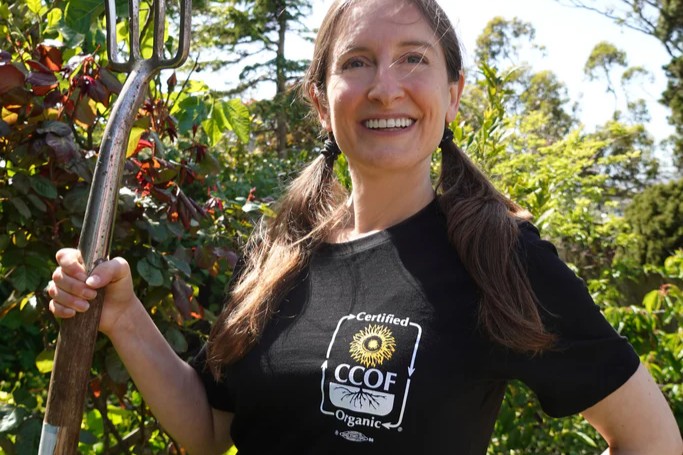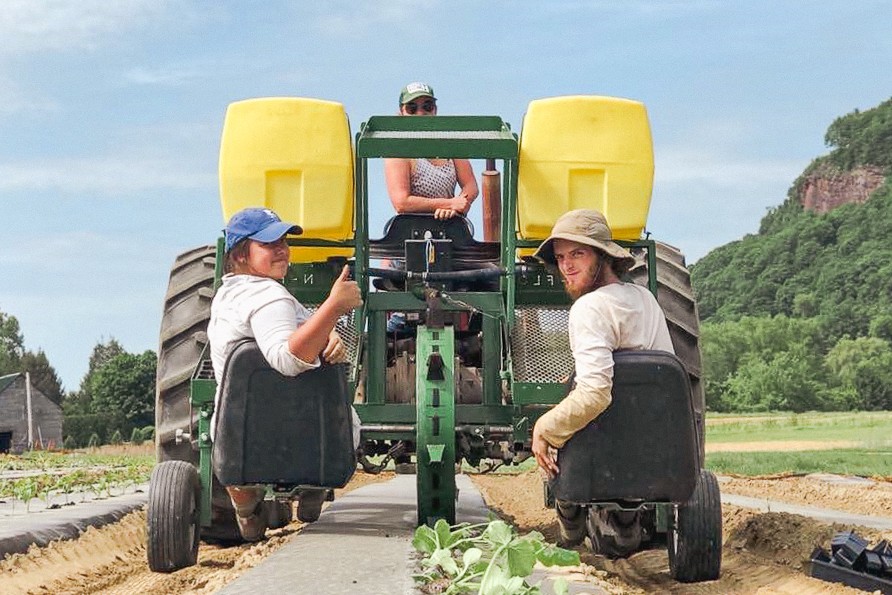Additional Resources
- USDA NOP Standards Manuals with SOE edits
- USDA for all resources developed by USDA NOP. Check this page often as new resources will appear here first.
- Sign up to subscribe to the Organic Insider. Under “subscription topics,” select those that include the term “organic.”
- USDA NOP SOE Primers provide a quick guide to regulatory changes.
- USDA NOP Side by Side Comparison of Past and Present Regulations
- Federal Register: Strengthening Organic Enforcement
- Complete USDA Federal Register notice with additional background on how to interpret the regulations
- Organic Trade Association resources, including a Summary of SOE Regulation







